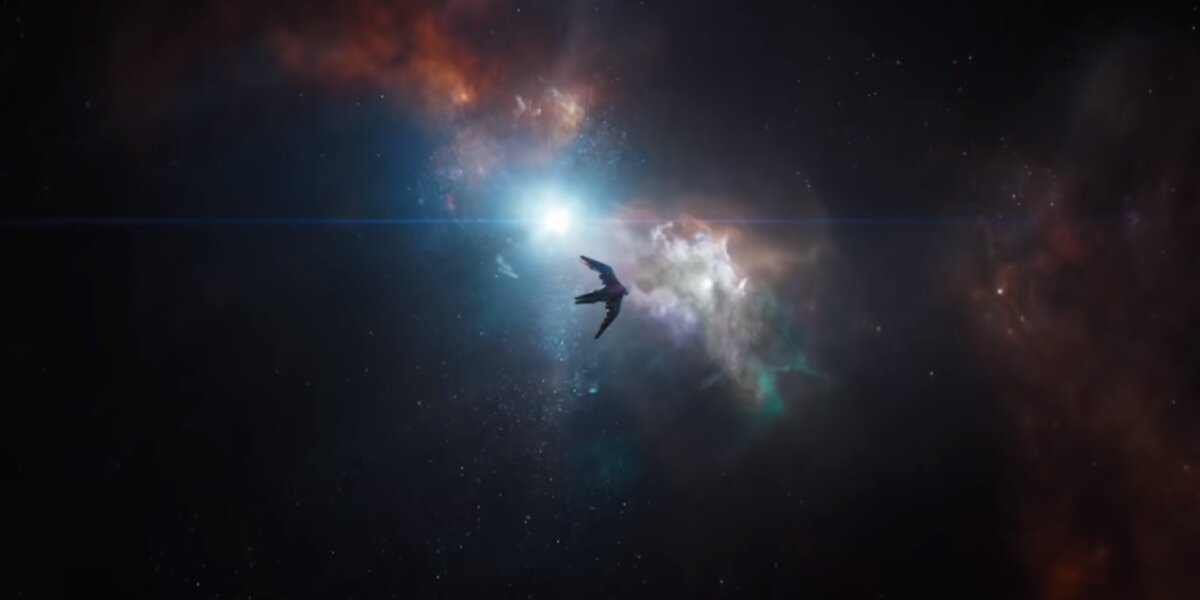covid-19: day 138 | US: GA | info | act
|
Crewmen of the True Companion[2][3] |
notes
- ↑ Originally appearing on the soundtrack for Heavy Metal, this song was later released on Steely Dan: Gold (where I first heard it) in 1991 and Fagen’s box set The Nightfly Trilogy in 2007.
- ↑ It seems that the eponymous True Companion is a ship of some sort, maybe a star ship, so it should be capitalized and italicized. However, most lyrics sites present it in lowercase without italics. It’s got to be incorrect.
- ↑ This song has an archetypal feel to it. This first line immediately reminds me of Homer’s Odyssey, perhaps set somewhere in books 9–12 during Odysseus’ narration. Fagen and Becker used the Odyssey as inspiration for “Home at Last” from Aja in 1977. In fact, on the liner notes for Aja, Steve Diener writes: “At this late date, it would hardly seem possible for an artist to take Homer’s immortal tale, so thoroughly exploited by Joyce in 1922, and educe from it new insights - especially within the narrow scope provided by the medium of popular song.” Agreed, and I think “TC” takes that a step further.
- ↑ So this dude thinks the narrator is “God, or at least some kind of omniscient being,” but . . . what? I’m trying hard to see this, but, to me, the captain, like Odysseus, as narrator seems more likely. Interestingly, this is sung in dense and complex vocal harmonies, lending a polyvocality that is haunting but deeper than a single perspective. Indeed, one of Odysseus’ chief characteristics was his polymêtis, or many wiles. Simply, Odysseus was cunningly intelligent, and he was able to use that intelligence to adapt to his surroundings—it’s what allowed him to survive while his crew, “children and fools,” perished.
- ↑ The narrator here sympathizes with his (her?) crew’s weariness from a long voyage, again like Odysseus and crew after they leave Troy.
- ↑ The mood here is somber, still, like floating on a windless sea. I thought, at first, this might be the beginning of a captain’s pep-talk to his crew, but it feels more like an unexpressed thought for an equally fatigued captain.
- ↑ “Home,” too, is the destination of Odysseus and crew. Since they’ve been gone so long fighting in the Trojan war, maybe the idea of home is all they really have left, making it a “sad abstraction”—or one that does not hold a candle to reality.
- ↑ This whole stanza could also be about approaching death, which might illuminate the next stanza.
- ↑ Interesting image, giving the song a bit of a science fiction-feel. What are these skyways and why are they troubled? In any case, it seems to be another image about travel, and if the feeling is carried over from there first stanza, “troubled” makes sense. “Skyways” could also suggest the realm of the gods, continuing the Homer link, and maybe further suggesting death or an afterlife. I kind of like the sf idea, too.
- ↑ However, beyond these “troubled skyways” are young men dreaming of passion (“fire”) and light or understanding (“starlight”), but for some reason not finding it? Could the narrator be looking in the past—before the long voyage that made home a “sad abstraction”? Are these “young men” now old men, forever at a loss for this youthful “fire and starshine”? Again, this has a sf quality.
- ↑ The narrator, too, is dreaming of of a verdant world of the past? “Green” contrasts with the gray of “twilight” above, again alluding to lost youth replaced with tired age.
- ↑ I think “space time” ties my reading together: their voyage in space has forever separated the old crewmen from their youth in time. They can look back “just beyond the troubled skyways”—as if it could almost be reached again, but it “far across [their] reach.” Devastating. Haunting. Wonderful what Fagen could do in two simple stanzas. And I hardly mentioned the music.

